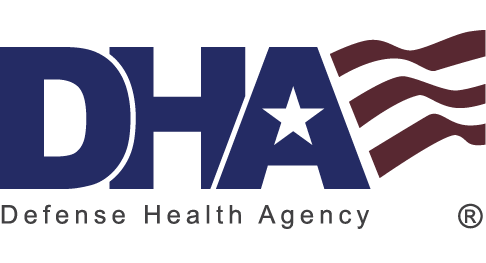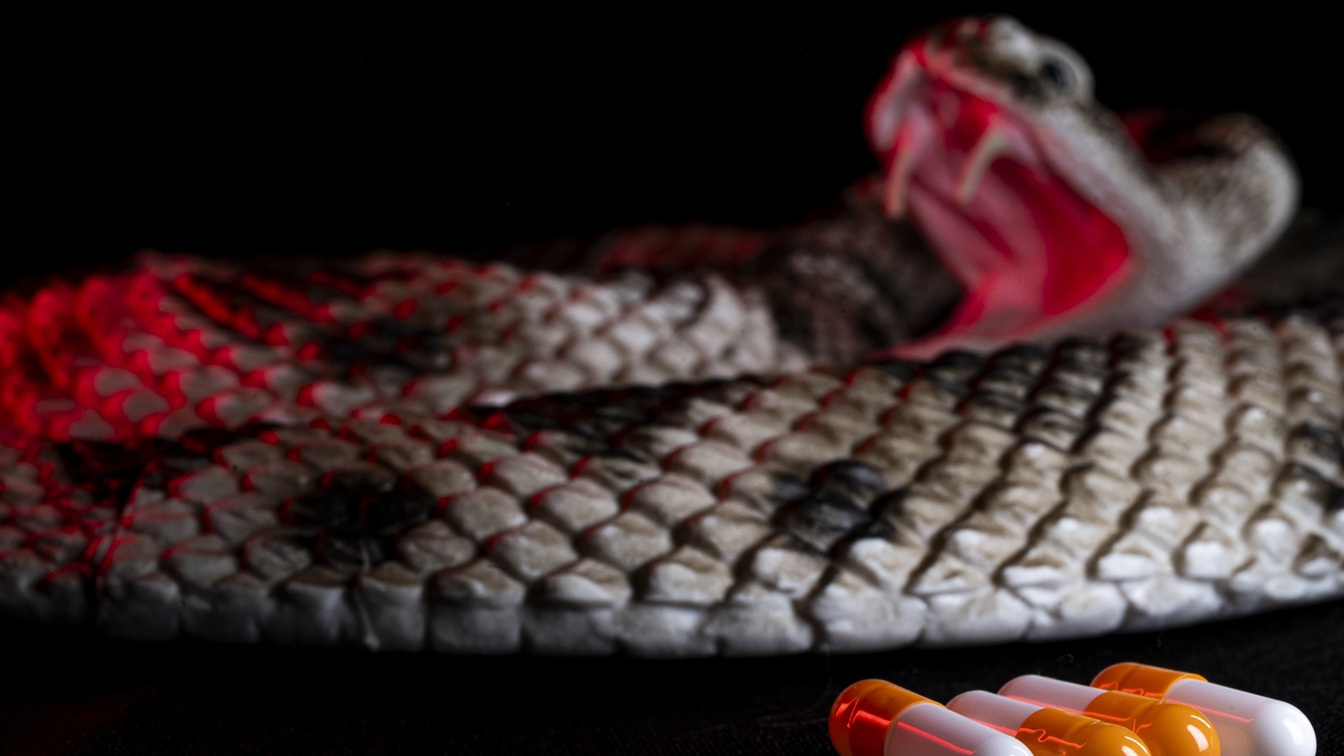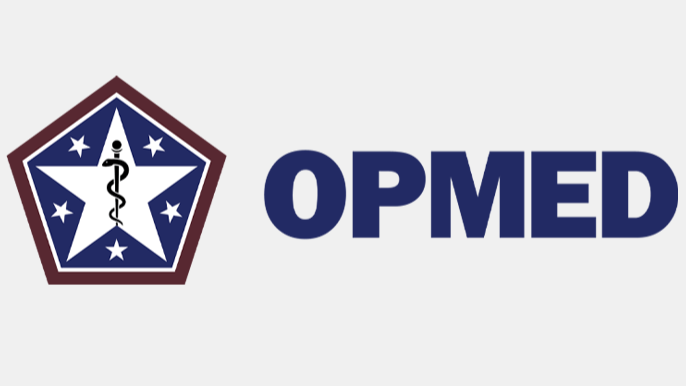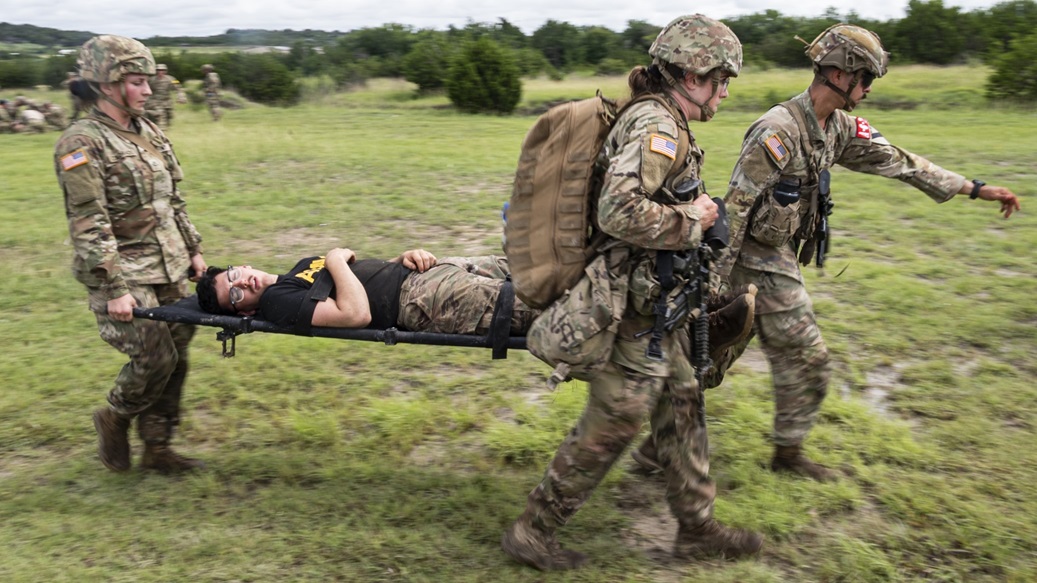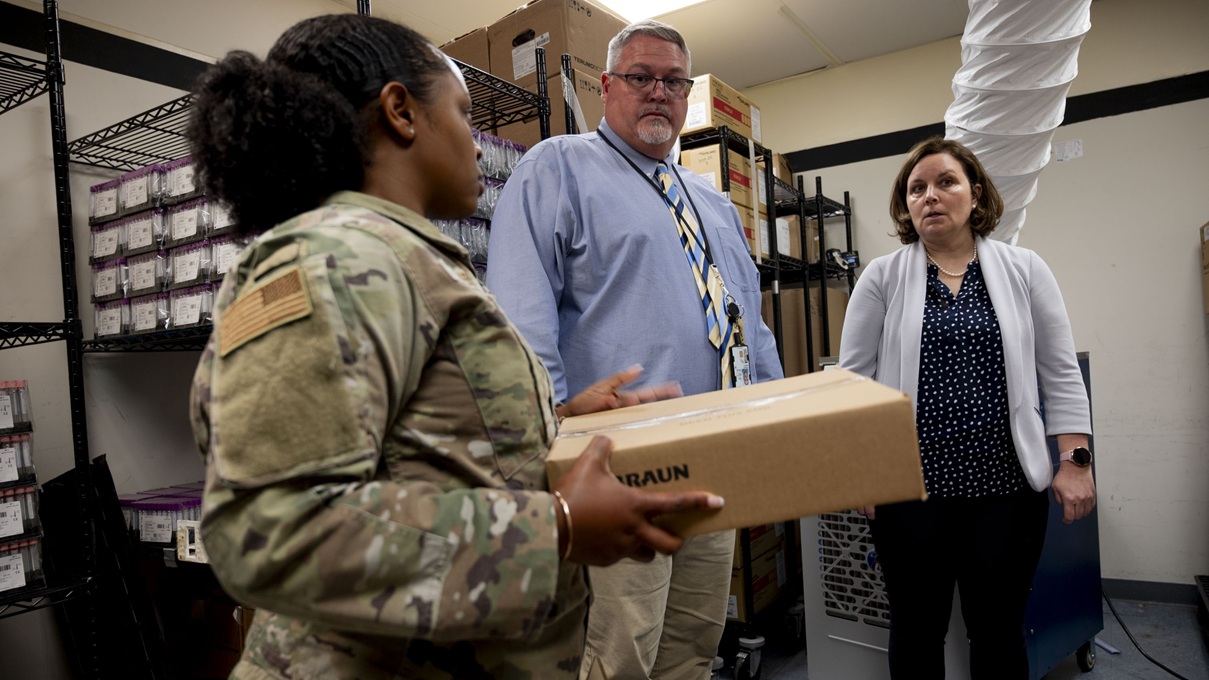Sept. 17, 2025 | By T. T. Parish, Operational Medical Systems - Warfighter Protection and Acute Care
The Indo-Pacific region is a strategic imperative for the U.S. Department of Defense. Its vast geography covers more than 50% of the Earth’s surface, making frontline medical treatment for use in austere environments a top-tier priority for both the DOD and combatant commanders shaping strategies to fight and win future conflicts.
A vexing combat casualty issue many may not consider are the dangers posed by threats that rise no higher than the top of a pair of combat boots: venomous snakes.
The Indo-Pacific hosts thousands of islands, natural and manmade, and more than 60 varieties of venomous snakes. While they carry no conventional weapons of war, snakes present a significant threat to troops on the ground – and on the sea – with no easy treatment solution currently available to the medics and medical officers from across the U.S. Joint Force.
To address the dual challenges of austerity and distance, the Operational Medical Systems Program Management Office is developing a Broad-Spectrum Snakebite Antidote, in oral form, to help mitigate the dangers posed by venomous snakes across the Indo-Pacific.
“The BSSA program seeks to develop a shelf-stable treatment for snakebite envenoming that is safe, easy to use by individuals in far-forward austere environments, and is independent of snake species,” said Lindsey Garver, Ph.D., a deputy project manager with OPMED’s Warfighter Protection and Acute Care project management office. “[Antivenom] is typically species-specific – which means you need to know which snake bit you to be treated with the proper antivenom. This also means the military must stock and know how to use multiple types of different antivenom to treat bites from different species. There are some species for which no antivenom even exists, meaning the only treatment is supportive care. This program seeks to provide a solution to all these issues.”
As U.S. Joint Forces continue to develop expeditionary capabilities for the coastal regions of the Indo-Pacific, where logistics trains must extend across hundreds or thousands of miles, a ready solution to treat service members for snakebite envenomation will place an added tool in medical aid bags while higher echelon care is arranged, Garver believes.
“This product is really designed to counter the far-forward threat of snakebites,” said Garver. “There is an inverse relationship as service members move into more austere conditions, where the threat of snakebites goes up, and access to higher echelons of care goes down. A successful BSSA product extends easy, effective treatment into those austere conditions, supporting the independent maneuver of small teams and widening the window of time needed for evacuation in the event of a bite.”
The BSSA treatment, known as varespladib, is being developed by commercial partner Ophirex with funding from the Defense Health Agency to address the envenoming treatment capability gap. Varespladib is a small molecule, oral capsule that is portable and can be administered rapidly. It has shown effectiveness against a wide range of venoms in human and animal studies.
In 2022, varespladib received Food and Drug Administration ‘Fast-Track’ designation, which is designed to speed up the FDA’s review process. Clinical trials in the U.S. and India have recently concluded, according to Andrea Renner, the BSSA product manager with OPMED.
“BSSA is an important program for our partners in the Joint Force, specifically the Special Operations community,” said Renner. “Venomous snakes present a real threat to special operators based on the unique role they play during combat operations. Their logistical and medical treatment needs are quite different than some conventional forces, and they need a solution for snakebite envenomation treatment that is shelf-stable, lightweight, cost effective, rugged, easy to use in austere environments, and snake-species agnostic.”
The BSSA program aims to provide an FDA-approved solution to fit these requirements, while alleviating many of the logistical and administrative burdens associated with antivenom, the current standard of care for snakebite envenomation. Having a treatment available for use in far-forward environments means it could be administered immediately following a bite, shortening the time from envenoming to treatment and reducing illness or death. Overall, BSSA is a promising effort with direct applicability to increasing readiness and enhancing warfighter lethality once approved and fielded, said Renner.
“Our oversight and project management processes are exhaustive and are designed to meet the highest standards of the DOD and the FDA,” she added. “While we work with our commercial partner and stakeholders across the DHA and Joint Forces, we will continue to focus on meeting the needs of our military end users deployed across the world.”
OPMED is the DOD’s leading force in medical development and acquisition, focused on enhancing warfighter lethality and readiness. Project managers with the team develop and deliver next-generation, world-class medical capabilities that empower combatant commanders for Large-Scale Combat Operations, particularly within austere environments, with a twofold mission: save lives on the battlefield and swiftly return injured service members to duty.

